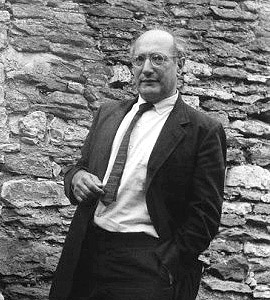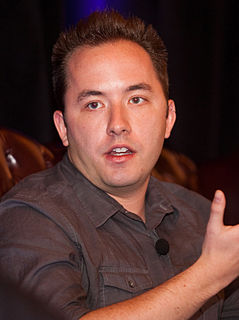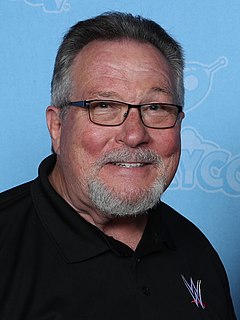A Quote by Mark Rothko
There is more power in telling little than in telling all.
Related Quotes
The issue is that when you're a critic it's hard to tell the difference between the thrill of denouncing and telling the truth. Telling the truth to me feels more often like denouncing than like praising. There are many more concrete advantages in the world for people who praise than for those who denounce. So if you want to tell the truth, oftentimes you're going to err on the side of denouncing. That's just something I have to work on.
I did make 'Stone Cold' Steve Austin the Million Dollar Champion on Raw. You know I saw the talent in Steve and I remember telling him - because a lot of people were telling him 'You need to do more' - I remember telling him, 'Don't do anything different, because what you do is believable, it's real.'








































